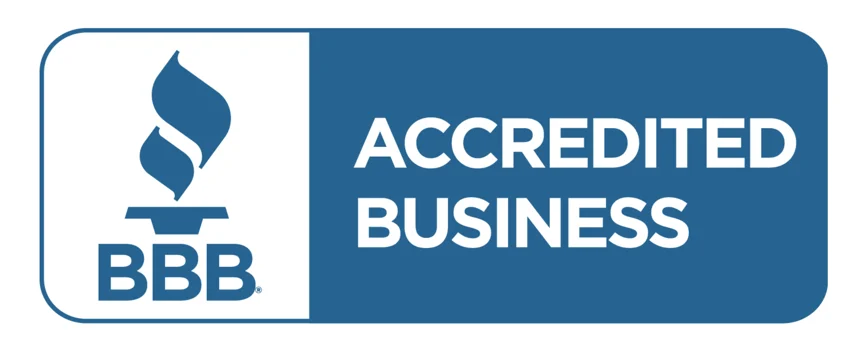Managing a rental property is a lot of work. As one of the most active types of investments, owning and maintaining your own income property involves a variety of tasks, including landscaping and cleaning the property, repairing problems, finding and keeping good tenants, upgrading units, collecting rent (or tracking it down if it’s not paid on time), and generally being available for tenants, contractors, and others to reach you.
— and if you are trying to figure out how to manage a rental property long-distance, or commuting back and forth, all of these tasks become even more difficult.
How to Manage a Rental Property Long-Distance
If you’re struggling with being a long-distance landlord, you have options. You can try to make the experience easier by hiring a go-between — a management company or a reliable tenant — or you can sell the property and search for a more passive real estate investment.
Work With a Local Management Company
One way to balance how to manage a rental property from a distance is to contract out some recurring services like landscape maintenance and cleaning services, and repairs, or transfer all regular responsibilities to a management company local to the area. Management companies can handle all of the tasks you would normally manage and then pass the profits off to you — after taking out their fee, of course.
The obvious drawback is that the more services you hire, the less profit you’ll see returned. If you own a small investment property with few tenants, it might not be worth it to outsource all the labor.
Hire a Reliable Tenant
Another option is to rely on a tenant to manage your property while you’re at a distance. This works best if you only have a few tenants and they all get along well. The right tenant for this job has the time to help maintain the property and can be available to other tenants to make repairs or address requests, deal with rent issues, and answer general questions. They will also have the right people skills to listen to tenants concerns and keep you informed of any developments or problems.
The downside with this option is that your tenant may not be as dedicated to real estate management as a landlord. Sure, the bonus of decreased rent or a steady additional income may be attractive to most tenants, but they have their own life, and managing real estate might not be their long-term goal. Unless you find the ideal tenant whose highest aspiration is to maintain your property for a reasonable fee, this will be a short term solution, at best.
Also, the more tenants you have, the more difficult it is to put the responsibility on the shoulders of one person to make administrative decisions.
Even if these options help you figure out how to deal with day-to-day tasks and manage a rental property long-distance, you may still be required to commute back and forth every time there’s an issue your management company or tenant can’t handle.
How to Sell a Rental Property Long-Distance
If managing a rental property long-distance just isn’t feasible for you anymore, it’s time to consider other options: Sell the rental property to a real estate investor and look for a more manageable property that’s local to you. Or, find a passive real estate investment and enjoy reliable long-term returns without the added effort or commute.
Sell Your Rental Property to a Real Estate Investor
Real estate investors make the ideal buyers for rental properties like yours because they are actively looking for turnkey investments. They have time, capital, and experience, and know how to manage a rental property effectively. When you sell to a real estate investor, you don’t have to waste time and money preparing the property for sale, hire a specialized Realtor, or wait for just the right buyer. Real estate investors will purchase your property in its current condition, offering you a fair cash offer for its real market value.
They also prefer to move quickly through the sale process, so you can sell according to your timeline. If you want to get your rental property off your hands and off your mind, selling to a real estate investor is the fastest and most convenient way to accomplish that.
Find Passive Real Estate Investments
There are many types of real estate investment that don’t involve buying and selling property. Investing in a development or a real estate investment firm, for example, means you can still participate in the lucrative real estate market without doing the work of flipping homes or managing tenants. Once you’ve sold your rental property, you can begin your search for other appealing real estate investment opportunities that suit your risk level and time commitment.
Tired of managing your rental property long distance? Hometown Development can help. We purchase properties in as-is condition and can help you sell your rental property fast and hassle-free. Talk to our team for more information.








